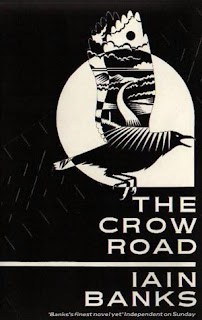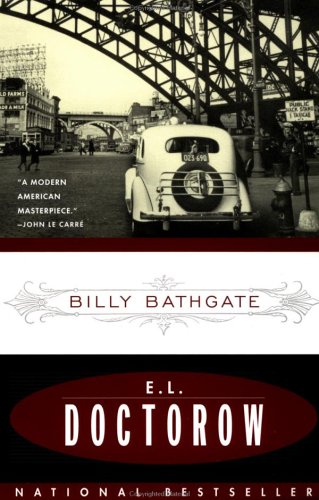
This year's Birth Year Reading Challenge is going well! A Thousand Acres surprised me by being much more than I expected. Although really, I should've been prepared. There were hints. Like the Pulitzer prize. Or it being advertised as King Lear in Iowa. (I read King Lear a few years ago and since then successfully forgot what it's about. Shameful, I know, but at least I didn't quite expect the turns A Thousand Acres takes.)
A girly detour: I should also admit that I made one serious mistake, otherwise I might've enjoyed the book even more. When the character of Jess Clark was introduced, I decided it could be interesting to look up who played him in the movie based on Jane Smiley's book. I should never have opened google that day. Because that man, who comes and changes everything, who is so handsome and manly and seduces women and whatnot, is played by... click if you really want to know, stay away if you prefer that gorgeous man you dreamed up.
Right from the start, one of the most important characters in the book is the land itself, those thousand acres, the kingdom of the farming family. And the king in his domain decides to sign the land over to his three daughters. The middle one, Rose, together with her husband, is delighted with this move. Ginny, the eldest daughter and the narrator of the story, is a bit more reluctant but as always sides with her sister and goes along with the plan, as does her husband. It's the youngest daughter, Caroline, who steps up and says she isn't sure it's the best idea. But she's also the only one who doesn't live on the farm anymore and being a lawyer, doesn't have any intention to. In reaction to this, her father completely removes her name from all the paperwork with the attitude You don't want it, okay, you don't get it.
The girls' relationship with their father is a complicated one and the two elder daughters tend to do what their father wants, because that's the simplest way to keep him happy. In their world, the farm and the family are everything and keeping their father happy is paramount to keeping the family together.
This is a family drama but I think the characters' motivation is very well explained. The central fight to save the farm is surrounded by lots of smaller stories (well, smaller... I guess that depends on how much you like farms), all the characters go through personal problems that I believe help them to rethink their priorities and capabilities and in this way define the outcome of the whole story. Among other things, there's adultery (multiple), some proving one's worth, some maiming and even some dying. Well, Shakespeare.
What I certainly didn't expect was the revelation that both Ginny and Rose had been used by their father when they were young. Ginny made herself forget all that but Rose brings those memories back to convince Ginny it's finally time to fight back when their father behaves more and more... irregularly. What makes this even worse is the fact that Caroline doesn't know any of that and thinks her older sisters (who have brought Caroline up and shielded her from their father) are only after the property.
I won't go into all the details of the plot because what I think makes this book so good is the pacing of the narration and the way the land is omnipresent behind every decision made. (Also, you all probably have a pretty good idea what's going on because unlike me, you remember King Lear...) When I was reading it, I understood the motivations, felt transported to this to me strange vast country where everything depends on the land and the impression you make, scandals are kept hidden and a confident face is shown to the neighbours. I understand, but still would rather scream it out at the crossroad so that everybody could hear than undergo all this. Hopefully.
To sum it up, this book definitely deserved its Pulitzer...










